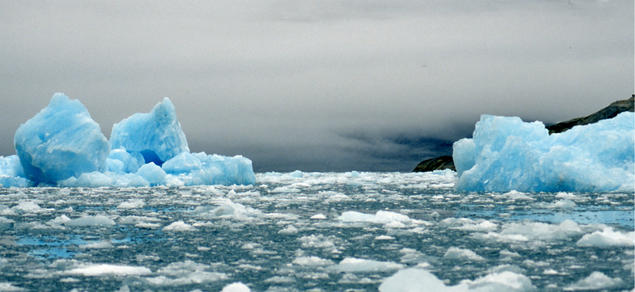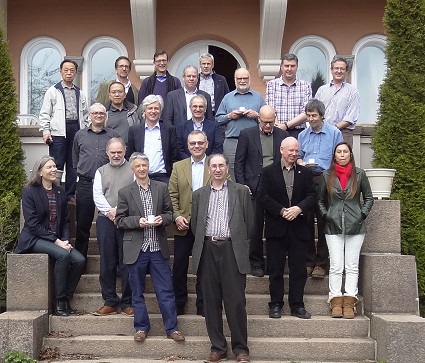Experts respond to Anthropocene critics

‘Irreversible’ changes to the earth provide striking evidence of new epoch, experts suggest, thus rebuking the critics claiming that the Anthropocene is mostly about politics, not science.
A team of academics - among them FNI research professor Davor Vidas – has responded to criticisms of the proposal to formalise a new geological epoch – the Anthropocene.
 Critics of a formalised Anthropocene have alleged that the idea did not arise from geology; that there is simply not enough physical evidence for it as strata; that it is based more on the future than on the past; that it is more a part of human history than the immensely long history of the Earth; and, perhaps most notably, that it is more of a political statement, rather than a scientific one.
Critics of a formalised Anthropocene have alleged that the idea did not arise from geology; that there is simply not enough physical evidence for it as strata; that it is based more on the future than on the past; that it is more a part of human history than the immensely long history of the Earth; and, perhaps most notably, that it is more of a political statement, rather than a scientific one.
Published a response
Members of the international Anthropocene Working Group, which includes Davor Vidas, have now considered these criticisms at length, and published a paper, where they suggest that the Anthropocene has in fact already seen irreversible changes to the Earth, rather than just to human societies.
As a striking and novel concept, the Anthropocene has attracted considerable support from geologists but also a range of criticism, questioning whether it should really join the Jurassic, the Pleistocene and other well-known units on the Geological Time Scale,” says professor Zalasiewicz in a recent press release from the University of Leicester.
“This criticism is an essential part of the testing of this concept – for the Anthropocene to be taken seriously, the science behind it must be robust and based on sound evidence,” he adds.
Buzzword
 The Anthropocene - the concept that humans have so transformed geological processes at the Earth’s surface that we are living in a new epoch - was formulated by Nobel Laureate Paul Crutzen in 2000. It has since spread around not just the world of science, but also across the humanities and into the media.
The Anthropocene - the concept that humans have so transformed geological processes at the Earth’s surface that we are living in a new epoch - was formulated by Nobel Laureate Paul Crutzen in 2000. It has since spread around not just the world of science, but also across the humanities and into the media.
It is now being analysed by an international group of scientists – the Anthropocene Working Group – as a potential new addition to the Geological Time Scale, which would be a major step in its global scientific recognition.
‘Yes, it is real’
Last August, this Working Group took a significant step towards such a recognition, when it presented its preliminary findings and recommendations at the 35th International Geological Congress in Cape Town. Vidas then described these findings as ‘a milestone’, but also underlined that much work still remained. The recent response to the critics is part of the work.
The paper, ‘Making the case for a formal Anthropocene Epoch: an analysis of ongoing critiques’, published in the journal Newsletters on Stratigraphy is freely available online here.
